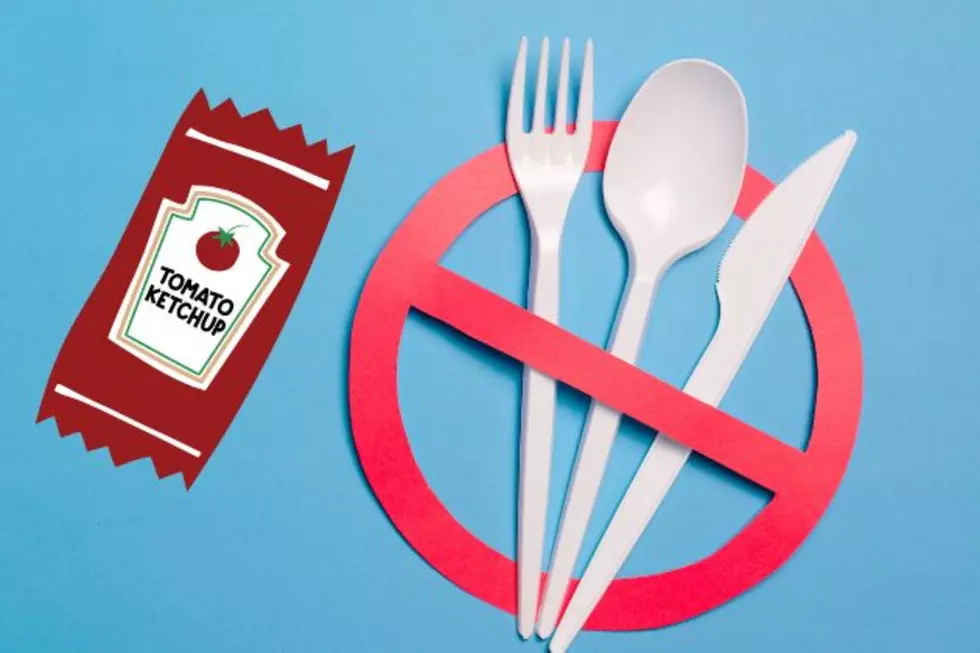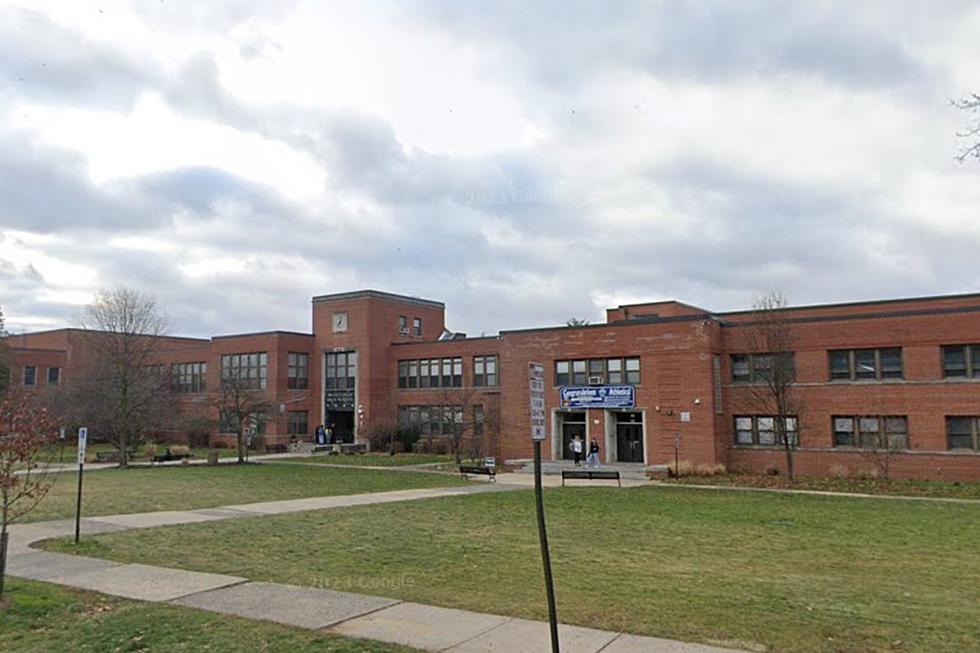
Worst of COVID-19 Toll on Mental Health Yet to Come
The worst of the coronavirus, or at least its first wave, appears to over in New Jersey. But the psychological impacts, both for essential workers and the public at large, will reverberate.
An Assembly committee heard nearly three hours of testimony Thursday about the mental health concerns connected with COVID-19. Dr. Ramon Solhkhah of Hackensack Meridian School of Medicine and Jersey Shore University Medical Center said health-care providers are preparing for a “surge after the surge” that won’t peak for weeks or months.
“Long-term, there’s usually a higher rate of psychiatric casualties due to suicides, substance-use disorders, domestic violence, etc., than due to the medical causes in these casualty events,” Solhkhah said.
"The bottom line is people are stressed out due to lack of control, concerns over personal and family safety, cabin fever and the uncertain economy," he said. "This will have an impact on people's behavioral health and emotional well-being for the foreseeable future."
For frontline workers, Solhkhah likened the impact to what first responders saw after 9/11 in terms of PTSD.
Frank Ghinassi, president and chief executive officer of Rutgers University Behavioral Health Care, said the signs of the mental health toll are beginning to be measured.
“Research is emerging and has found that a considerable proportion, perhaps as much as 35%, of frontline healthcare workers are reporting symptoms consistent with diagnosable anxiety and depression,” Ghinassi said.
Barbara Rosen, a registered nurse and vice president of Health Professionals and Allied Employees, said a lack of pre-pandemic planning has thrust healthcare workers into a nightmare they could not escape -- unbearable workloads, a lack of protective equipment, seeing dead patients placed in garbage bags when body bags run out.
“We cannot call them heroes, only to treat them as disposable as the paper masks on their face,” Rosen said.
Stress about isolation, health and the economy will have a lasting effect long beyond the peak of the coronavirus pandemic far beyond healthcare workers. Opioid overdose deaths are up 20% in the first five months of this year, up or break-even in every county except Essex.
Eileen Palazza of Toms River and the New Jersey Organizing Project, whose son Ryan died of an overdose in 2018, said the opioid crisis is “invisible and forgotten.”
“This overdose crisis has seen no reduction, no flattening of the curve, no lessening in the number of deaths,” Palazza said.
Psychiatric nurse practitioner Dr. Laura Leahy said the state’s requirement that naloxone be prescribed along with opioids isn’t working because insurance companies are requiring a prior authorization and not covering its $100 to $125 cost.
“We have a continued epidemic within the pandemic here related to substance use disorders in our state,” Leahy said.
A number of people urged the committee to make permanent the expanded use of telehealth that has enabled people to keep appointments virtually while observing the now-lifted stay-at-home order.
Assemblyman Herb Conaway, D-Burlington, said it’s clear mental health issues and needs are not going away.
“Indeed, in all likelihood those needs will increase,” Conaway said. “And unfortunately, they’re happening at a time when we are likely to be under tremendous fiscal strain here in the state.”

KEEP READING: Places in South Jersey We Can't Wait to Visit Again
More From WPG Talk Radio 95.5 FM










